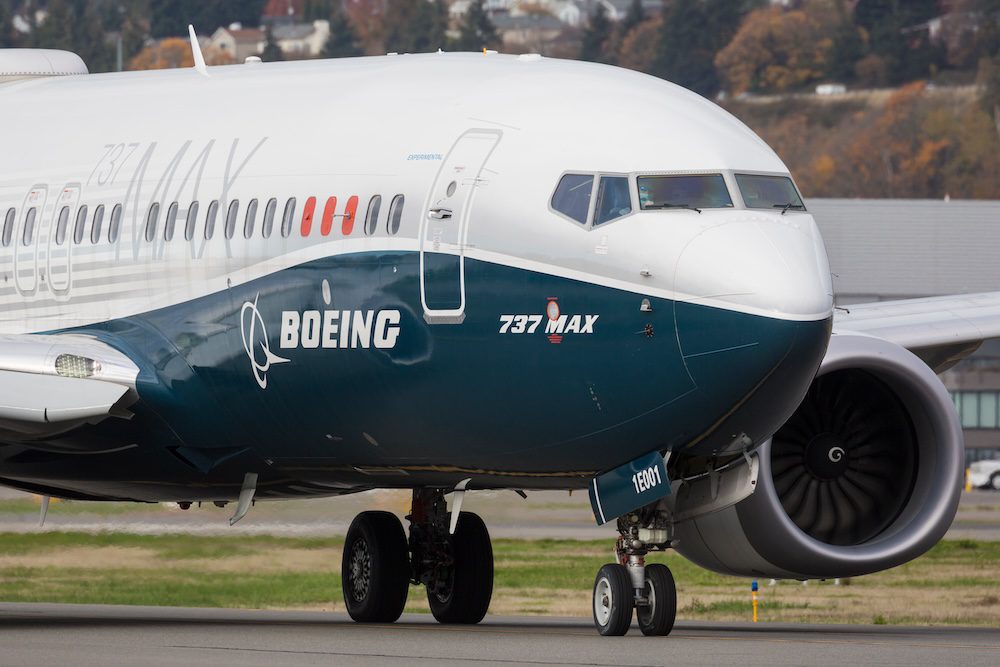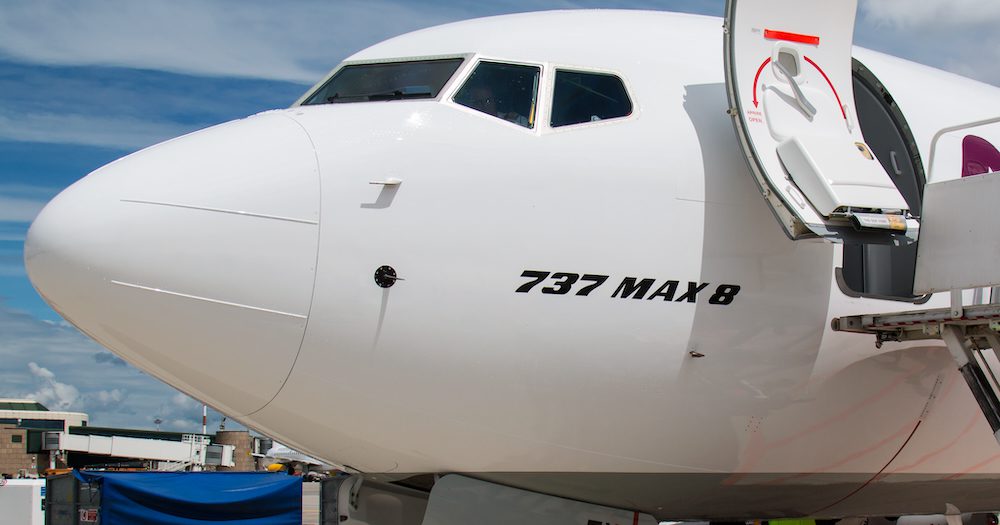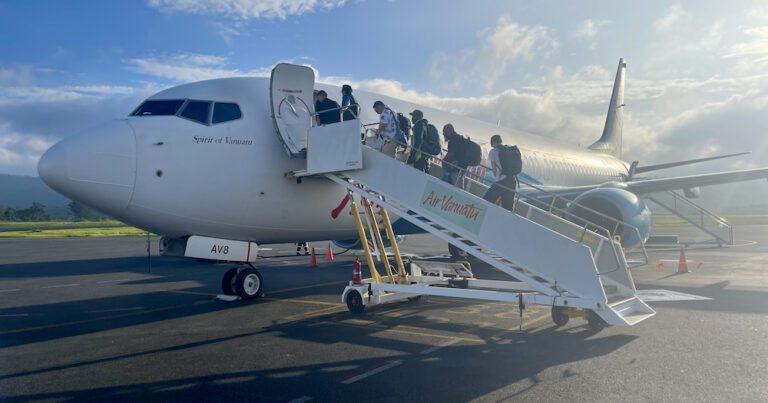The Federal Aviation Administration (FAA) is keeping a close eye on the inspections of B737 MAX planes after Boeing asked airlines to check for loose bolts in the jet’s rudder control system.
Boeing made a recommendation to inspect the planes after an unnamed global carrier found a bolt without a nut during routine maintenance.
According to The New York Times, the FAA reported that Boeing also flagged another plane, which had not yet been delivered, with a nut improperly tightened.
“The issue identified on the particular airplane has been remedied,” Boeing said in a statement.
“Out of an abundance of caution, we are recommending operators inspect their 737 MAX airplanes and inform us of any findings.”

Boeing says it has delivered more than 1,370 of the 737 MAX jets globally, with no in-service incidents relating to missing hardware reported.
The Seattle-based plane maker added that inspections should be completed within the next two weeks, at which point Boeing believes the jets could continue to operate safely.
Plane with a past
Between October 2018 and March 2019, two crashes involving B737 MAX planes killed 346 people. Consequently, the FAA grounded the jet for nearly two years at a cost to the company of nearly US$20 billion.
Investigators discovered that both plane crashes happened partly because of a faulty automated flight control system called MCAS.

According to Richard Aboulafia, who heads the aerospace consulting firm Aerodynamic Advisory, the issue of loose bolts and the need for inspections is separate from the problems with MCAS.
“The latter was a design issue, rather than a manufacturing glitch,” he told NPR.
“The problem here is relatively insignificant, but it does speak to continued serious problems with the production ramp, both at Boeing and with its suppliers.”





